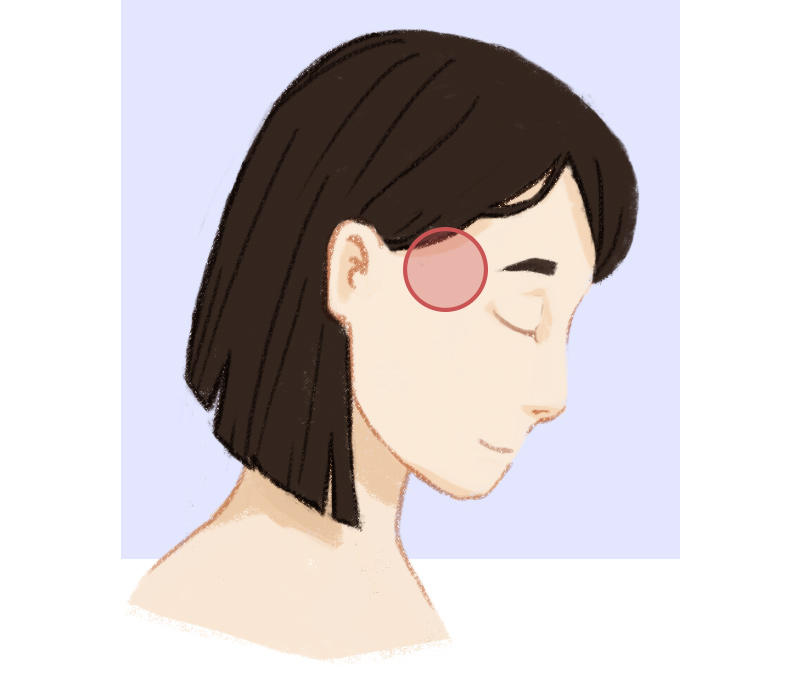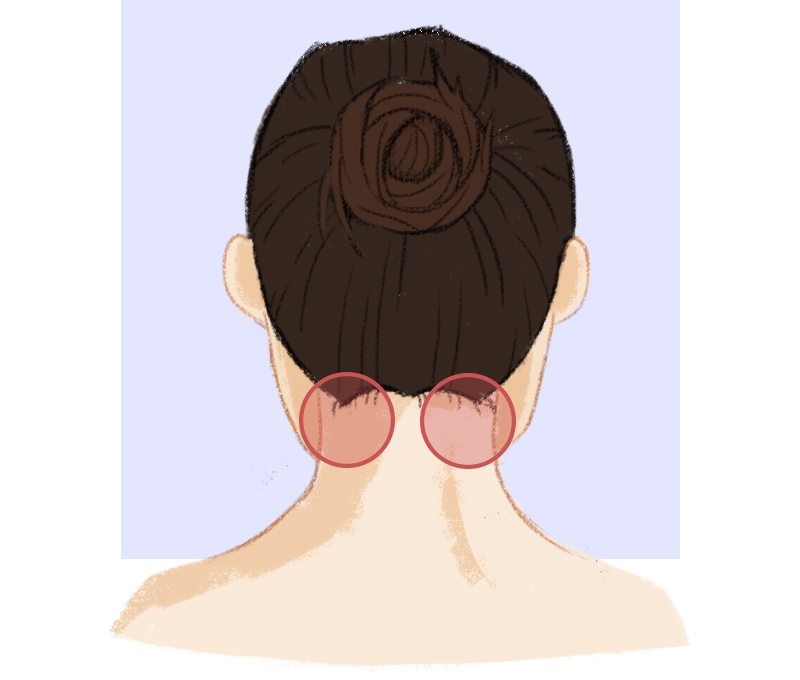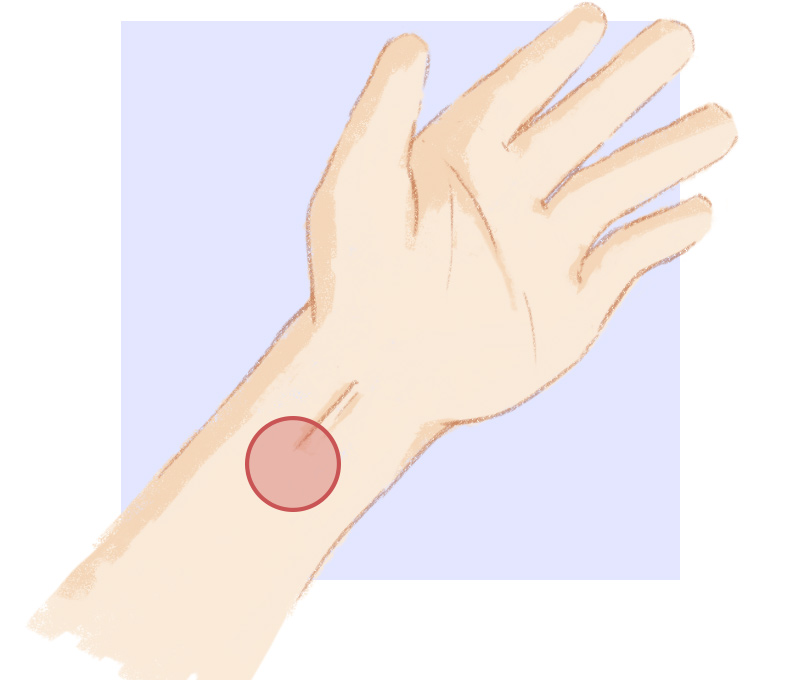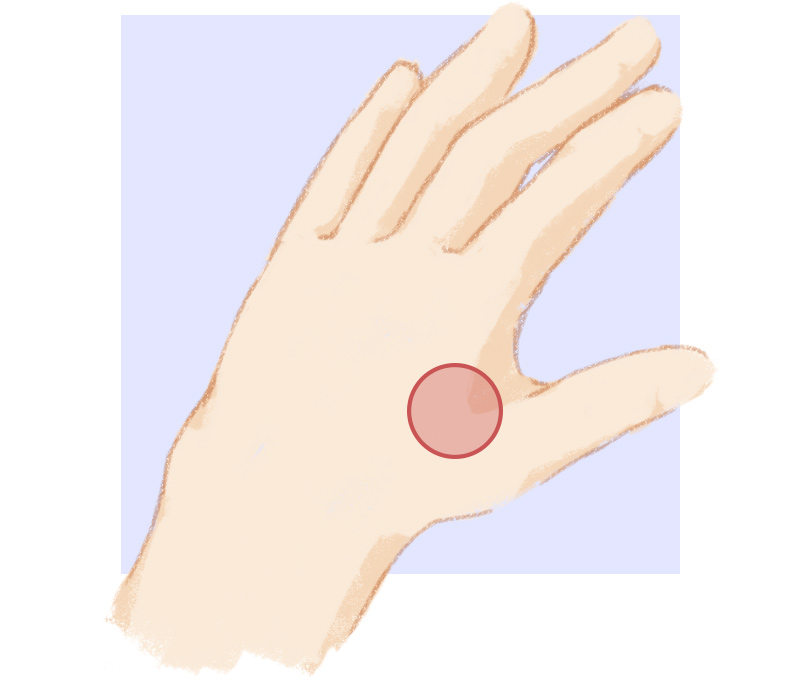How to Stay Awake At Work Without Coffee

It's a familiar routine for many of us: the first thing we do is to drink a cup of coffee in the morning. While caffeine can help you stay awake at work, too much can hurt your health in the long run.
If you want to rely less on coffee, here are some tips for you:

Get More Sleep
According to a study, about 44% of Singaporeans do not get enough sleep during the weekdays. This may mean that you feel more lethargic and less alert at work. In the long run, sleep deprivation may lead to health problems, such as obesity, diabetes or anxiety issues.
Improve your concentration and health by getting 6 to 10 hours of sleep each day. If you have difficulty falling or staying asleep, our guide to better sleep may help you get the rest you need.

Drink More Water
Your fatigue can also be caused by dehydration. Our body mainly loses water through urine, sweat, and other bodily processes. Contrary to popular belief, one of the early signs of dehydration is fatigue and not thirst. By the time you are feeling thirsty, dehydration may already be setting in your body.
So, how much water should you be drinking each day?
“As a rule of thumb, you should drink about 8 glasses of water, or 2 litres,”says Ms Kesslyn How, Nutritionist, Raffles Diabetes & Endocrine Centre. “If not, just place a bottle of water on your desktop, and sip from it whenever you can. Do not wait until you are thirsty.”

Eat Well
All of us are well acquainted with food comas – they make us feel drowsy, especially after a heavy meal of simple carbohydrates like refined white rice or noodles.
“Simple carbohydrates have a higher glycemic index (GI) value, which raises and drops our blood sugar level rapidly, causing us to feel hungry and lethargic,” says Ms How. “What’s more, after a large meal, more blood gets diverted to our intestinal system. This means that there will be less blood for the body, causing us to feel sleepy.”
Rather than having heavy lunches, eat smaller meals and snack on healthy food throughout your day to maintain your energy level. These snacks not only provide the nutrients you need, they also keep your mouth occupied, helping you stay awake at work. Check out our list of healthy snacks to fuel your day.

Watch Your Vitamin Intake
Aside from eating well, having enough vitamins and minerals in your system helps combat fatigue. Ms How suggests getting enough of these vitamins and minerals to help you stay at work:
Improves blood flow to the brain and reduces depression, which can make you feel fatigued.
Vitamin B12:
This vitamin converts carbohydrates into glucose to fuel your body. Your brain, nervous and metabolism system also needs it to function normally. As it is found only in animal food sources, vegans (vegetarians who do not consume egg or milk) should consider taking vitamin B12 supplements if they are not consuming enough of it.
Magnesium:
Magnesium regulates many biochemical reactions in your body, including the production of energy, and helping your body run effectively.
If you are unable to obtain them through your diet, try including a multivitamin supplement to your diet during the day. This will ensure you get the necessary nutrients to keep you going.

Take a Quick Walk
Reward yourself after an intense session at work by taking a short walk to the pantry, or a quick 10 minutes’ walk if you can afford the time. “Walking helps keep you awake and feel more alert”, says Dr Joshua Kua, Specialist in Psychiatry & Consultant, Raffles Counselling Centre. “It also releases endorphins into your body, which boosts your mood”.
Stay Awake With Acupressure
You can also use your fingers and palms to stimulate specific points on your body to stay awake at work. “Stimulating these points helps regulate and balance the flow of body energy and improve blood circulation,” says Physician Tay Jia Yin, TCM Physician, Raffles Chinese Medicine. “This eases muscle tension and reduces fatigue symptoms.”
Try massaging the below points whenever you feel tired. You know you’re doing it correctly if the area feels sore, numb, heavy, distended and/or warm during the massage. However, avoid acupressure if you are pregnant, have a bruise or broken bone, or undergone surgery recently:

Temple:
In the depression at the side of the forehead, use your fingers to massage the point in small circular motions. Do this 5 times for 3 – 5 seconds.

Place your thumbs at the back of your neck, at the base of your skull. Wrap the rest of your fingers over your head. Using your thumb, massage the point in a circular motion 5 times, for 3 – 5 seconds.

This point is located 3 finger widths from the bottom of your palm, at the groove in the centre of your wrist. With your thumb pushed firmly in the groove, massage the point 5 times for 3 – 5 seconds.

Bend the thumb of one hand and place the first knuckle crease over the web of the other hand. You should feel a tender spot at the tip of your bent thumb. Press firmly 5 times for 3-5 seconds.
Reviewed by:
Dr Joshua Kua, Specialist in Psychology & Consultant, Raffles Counselling Centre;
Ms Kesslyn How, Nutritionist, Raffles Internal Medicine Centre;
Physician Tay Jia Yin, TCM Physician, Raffles Chinese Medicine




















